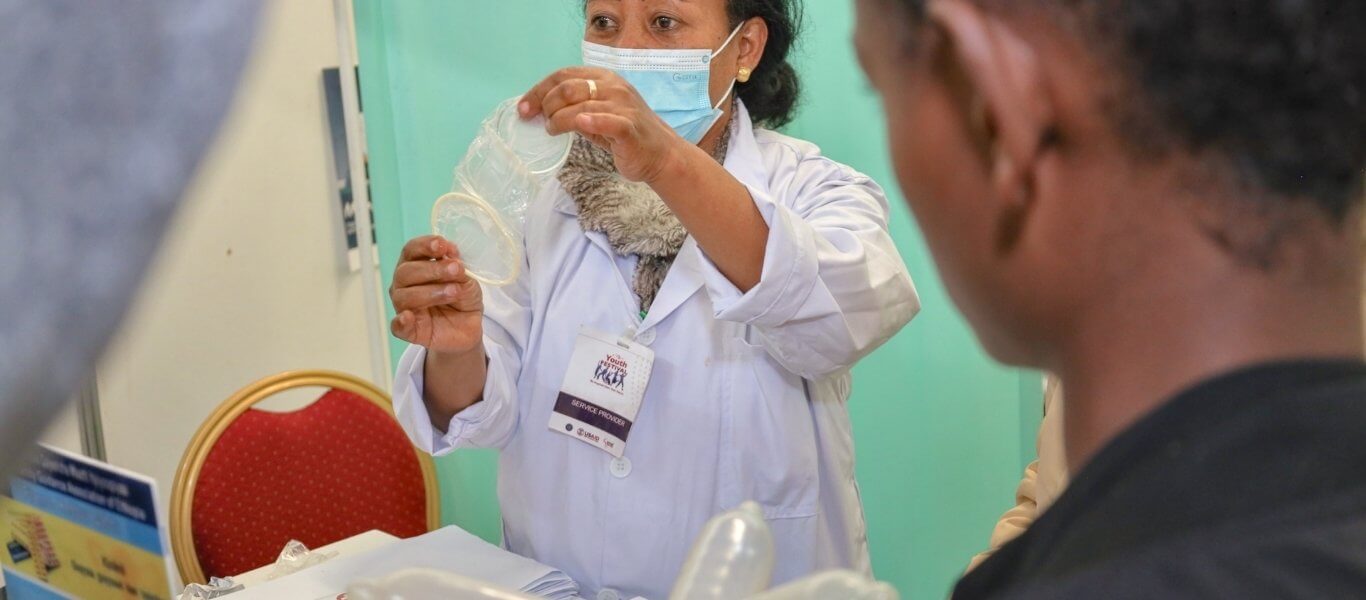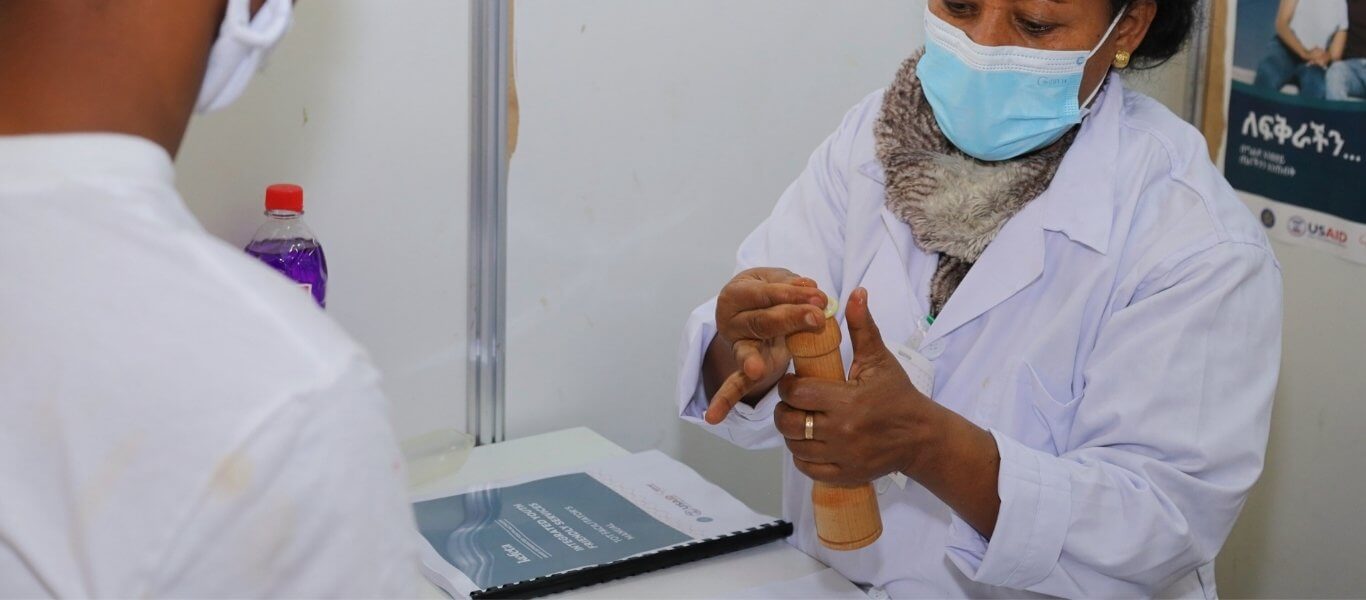Commemorating International Safe Abortion Day:
A Call to Action

Communications Team | September 28, 2024
Today marks the International Safe Abortion Day, a time to reflect on the progress made and the challenges that remain in ensuring women’s access to safe and legal abortion in Ethiopia.
As we commemorate the International Safe Abortion Day, we reiterate our appreciation and support to our government for revising the abortion law in 2005, allowing women to access safe and legal abortions under the specified circumstances.
We also call on our leaders to protect this law from future challenges, safeguard healthcare workers from harassment, and ensure that comprehensive sexual and reproductive health services reach all corners of the country.
What is Safe Abortion?
According to the revised law, safe abortion is the termination of a pregnancy before fetal viability, typically before 28 weeks from the last normal menstrual period (LNMP). In cases where LNMP is unknown, a birth weight of less than 1000 grams is considered an abortion.
Access to abortion care services has significantly increased since the revision of the abortion law in 2005. This expansion has led to a significant decline in abortion-related maternal mortality, dropping from 32% (before 2005) to the current estimate of 4.6%. This remarkable achievement underscores the importance of safe abortion services in saving lives and preventing complications. [Source: FDRE Ministry of Health]
The Legal Basis
Article 551 of Ethiopia’s penal code permits the termination of pregnancy under the following conditions:
1.
Termination of pregnancy by a recognized medical institution within the period permitted by the profession is not punishable where:
-
- The pregnancy is a result of rape or incest; or
- The continuation of the pregnancy endangers the life of the mother or the child or the health of the mother or where the birth of the child a risk to the life or health of the mother; or
- The fetus has an incurable and serious deformity; or
- The pregnant woman, owing to a physical or mental deficiency she suffers from or her minority, is physically as well as mentally unfit to bring up the child.
In case of grave and imminent danger which can be averted by an immediate intervention, an act of terminating pregnancy in accordance with the provision of Article 75 of this code is not punishable.
Existing Challenges
Despite the progress made, we still face one of the highest maternal mortalities in Africa. To speed up the decline and meet Sustainable Development Goal 3 (SDG-3), it is crucial to ensure access to comprehensive sexual and reproductive health services, including family planning and safe abortion care.
Sadly, women who seek abortion services often encounter stigma and discrimination, while healthcare professionals providing these services face backlash. Many fail to recognize the complex circumstances these women face, or the ethical responsibilities healthcare workers uphold in their mission to save lives.

A health service provider demonstrating the use of a male condom, an effective tool to prevent unintended pregnancy and STIs, to young people at an exhibition held on the sidelines of the Kefeta Youth Festival, which took place from April 29-30, 2023. (Bereket A/TaYA)
Changing Perspectives
Since last year, we have gathered stories from young people and healthcare providers who once held judgmental views about women seeking abortions and those providing abortion services. These narratives have highlighted the need for education and advocacy to reduce stigma and foster understanding within the community.
Hear their stories, STOP THE JUDGEMENT!
This document contains personal testimonies from young people and health service providers who once held judgmental views toward women seeking safe abortion services, as well as the health care workers who provide these services.
A Call to Action
We call upon all stakeholders, policymakers, and health advocates to:
Protect and uphold the rights of Ethiopian women to access comprehensive abortion care, as outlined in the country’s laws and medical guidelines.
Expand access to quality, comprehensive, and legal abortion services across all regions of Ethiopia to ensure the continued substantial reduction in abortion-related maternal mortality.
Ensure the protection and dignity of healthcare workers, enabling them to provide safe and legal abortion services without fear of harassment or stigma, in accordance with Ethiopian law and Ministry of Health guidelines.
Allocate sufficient funding to strengthen youth health and family planning services, ensuring equitable access across the country.
Guarantee the provision of accurate, age-appropriate, and culturally sensitive sexual and reproductive health information to all adolescents and youth in Ethiopia.
By taking these actions, we can guarantee that women are empowered to make safe and informed decisions, healthcare providers are supported in fulfilling their vital roles, and our country continues to make progress toward lowering maternal mortality and enhancing reproductive health for all.
-
- Updated Guideline: Technical and procedural guideline for abortion care services in Ethiopia, FDRE Ministry of Health
- Article [External]: Safe and legal abortion care is crucial for saving women’s lives in Ethiopia. PAI
- News Article [External]: Access to Safe Abortion Care in Ethiopia Has Improved Following Expansion of Services, Guttmacher Institute
